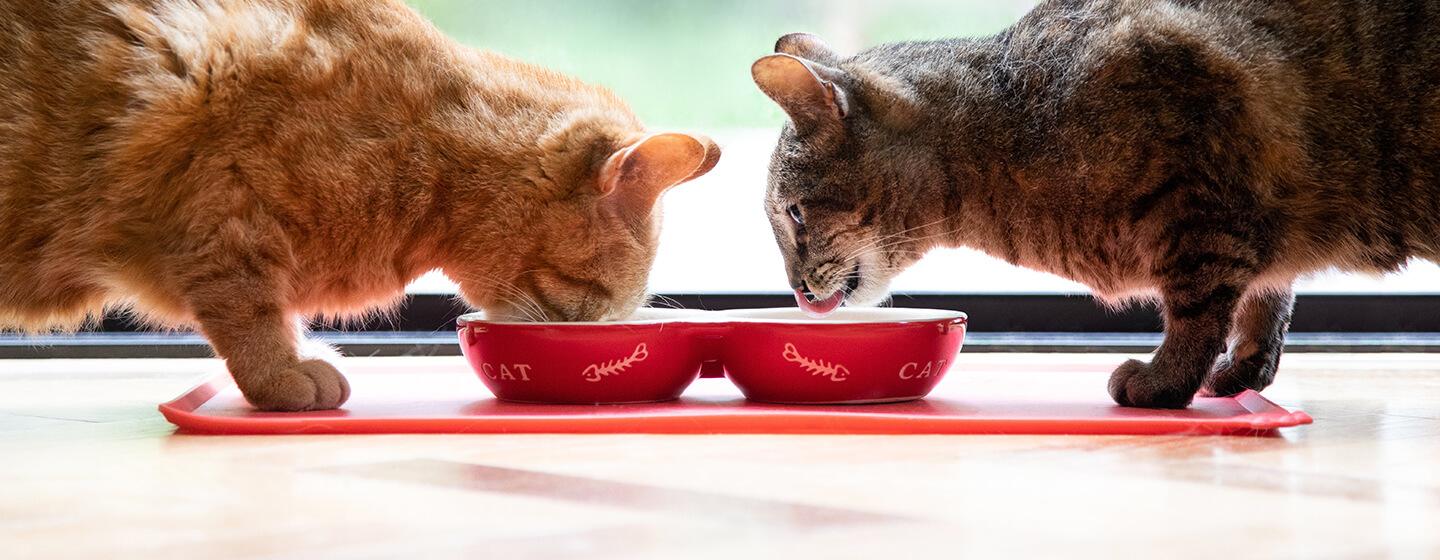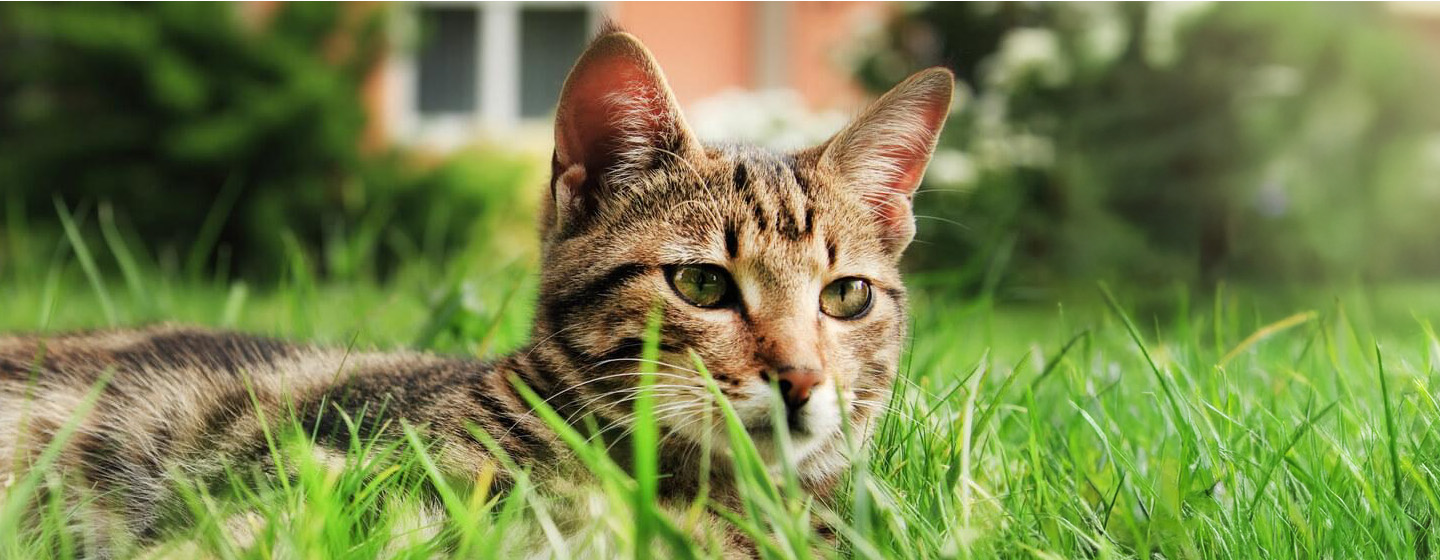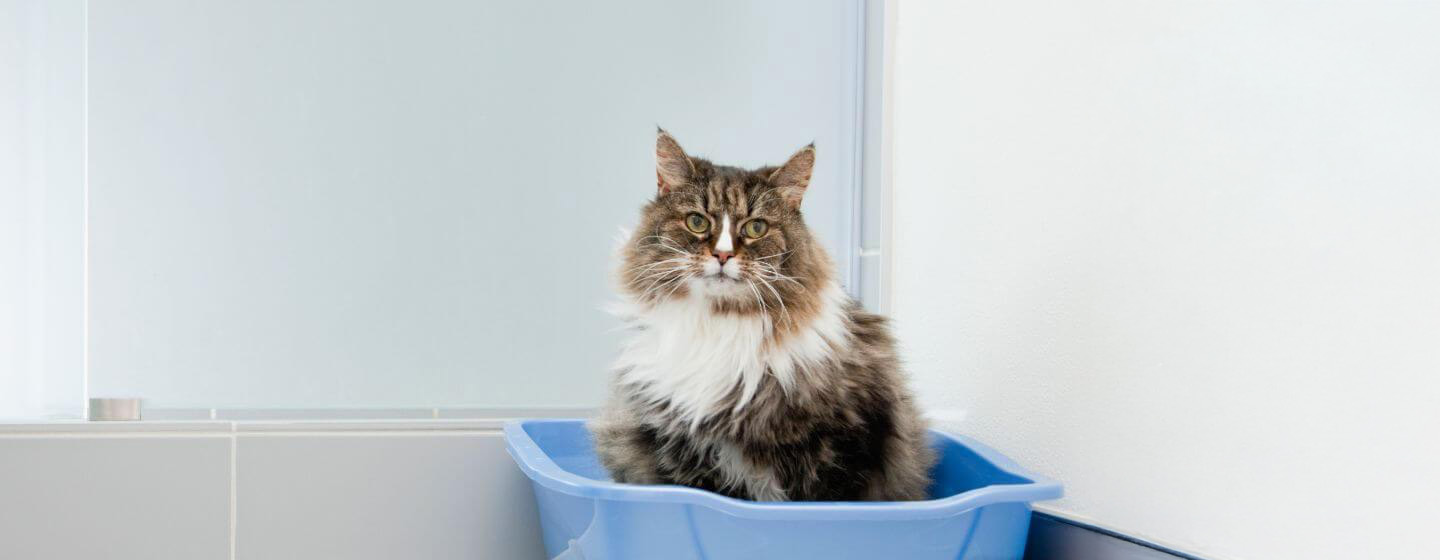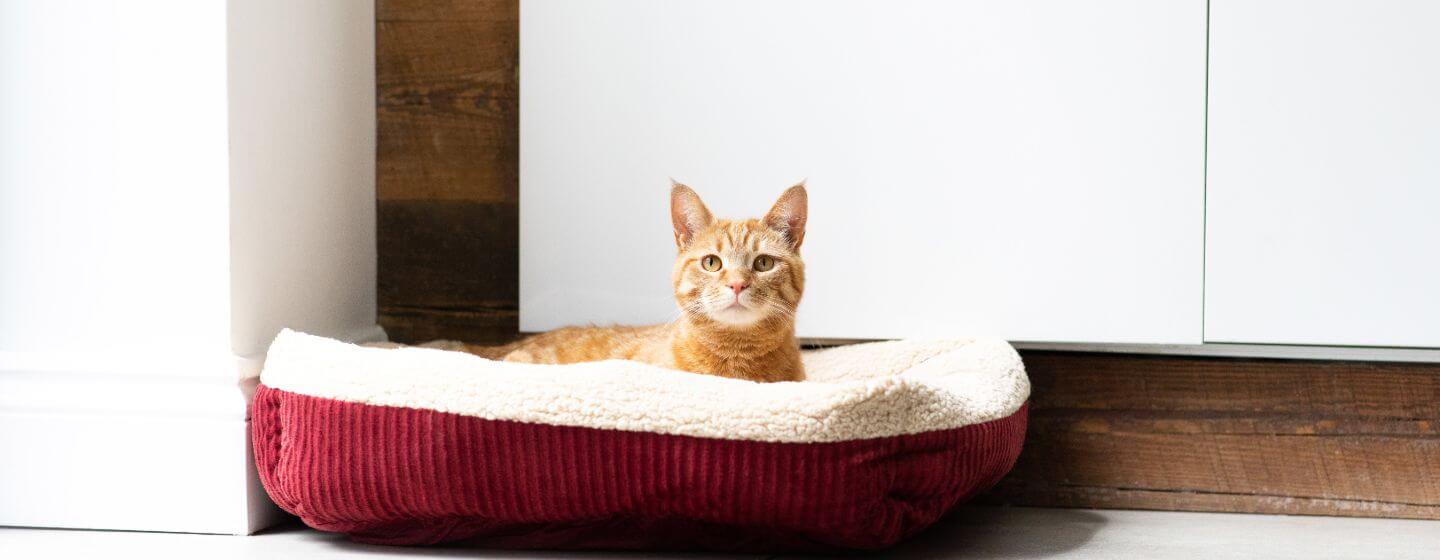Proper digestion is crucial for a cat's health, allowing for the absorption of necessary nutrients from food. Signs of poor digestion include poorly formed stools, diarrhea, vomiting, weight loss, a dull coat, or listlessness, prompting consultation with a veterinarian. As obligate carnivores, cats require a meat-based diet rich in specific nutrients like taurine and arachidonic acid, making vegetarian diets unsuitable. A balanced diet should consist of high-quality proteins, fats, vitamins, and minerals, along with digestible carbohydrates. To support cat digestion, it is advised to provide high-quality food with easily digestible ingredients, selected protein sources, prebiotics, and fibers. Probiotics like PURINA® PRO PLAN® VETERINARY DIETS Feline Forti Flora® can also promote intestinal health and improve fecal quality, especially during stressful situations.

How to support your cat’s digestion
Good digestion is one of the keys to excellent health. By digesting and absorbing the goodness from food, your cat can take in all the nutrients needed to stay in top condition.
Signs of poor digestion
If your cat is not digesting food properly, one of the most common signs is poorly formed stools, or even diarrhoea. Your cat might vomit, lose weight, have a dull coat or appear listless. If you see any of these symptoms and are concerned about your cat’s digestion, contact your vet for advice.
What should cats eat?
Cats are carnivores; their whole bodies are adapted to eating a meat-based diet. Their teeth are designed to seize and tear prey and their digestive system and Metabolism are geared to process high levels of protein and fat from animal tissues.
Cats require certain nutrients which are only found in animal tissue, such as the amino acid taurine and fatty acid arachidonic acid. This is why cats cannot be fed with a vegetarian diet.
Good quality protein helps cats maintain lean muscle, helps support a healthy skin and coat and is vital for their Immune system to work at its best.
A balanced diet for cats will also contain optimal levels of high-quality fats, including omega-3 and omega-6 fatty acids, as well as selected fibres for digestion plus vitamins and minerals for all-round health. Highly digestible carbohydrates are also a useful source of energy.
How to support your cat’s digestion
Giving your cat the best quality food will help optimise digestion. But if your cat has sensitive digestion – or even a mild digestive upset – you can help by feeding a diet with the following benefits:
- High-quality digestible ingredients to reduce intestinal workload
- Selected protein sources to reduce the risk of adverse gastrointestinal reactions
- Highly digestible proteins to help improve food tolerance
- Prebiotics to help improve balance of gut bacteria
-
Fibres to support gut cells and ease movement through the gut
Discover the benefits of friendly bacteria
Probiotics (live beneficial bacteria) can also be useful aids for digestion in cats. Ask your vet about PURINA® PRO PLAN® VETERINARY DIETS Feline Forti Flora®, which is proven to promote intestinal health and microflora balance in cats (especially in stress situations). It is also proven to improve faecal quality in kittens.


